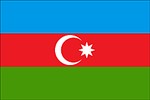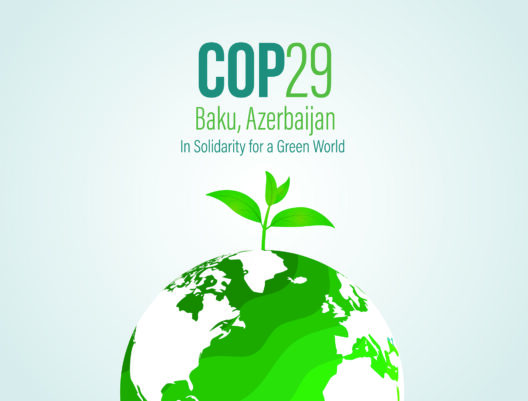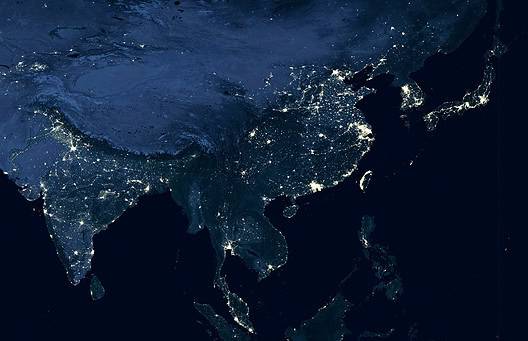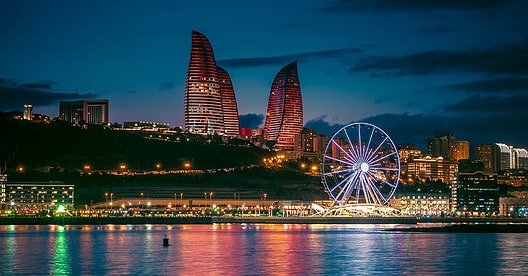Includes historical data for Azerbaijan’s Gross Domestic Product growth, debt-to-GDP ratio and more, as well as information on trade, banking and financial sector leadership.
Energy And Location Key To Economic Growth
In the heart of Eurasia, Azerbaijan’s economy is primarily fueled by its petroleum and natural gas industries, which account for over 90% of export revenues and about half of the state budget. Despite the dominance of the hydrocarbon sector, Azerbaijan has been making efforts to diversify its economy, moving towards a greener and more sustainable model, investing in agriculture and tourism, and promoting information technology and logistics activities.
Strategically placed along the Middle Corridor between the East and the West, after Russia invaded Ukraine Azerbaijan became an increasingly attractive trade route. Challenges include an underdeveloped banking system, lack of transparency and geopolitical risks.
Macroeconomy & Sovereign Data
| Type of Government | Presidential Republic |
|---|---|
| Capital | Baku |
| Sovereign Ratings |
S&P: BB+ Moody’s: Baa3 Fitch: BB+ |
| Total Population | 10.4 million |
| Median Age | 33.62 |
| Adult Per Capita Income (PPP) | USD 30,520.12 |
| Total GDP (2025) | USD 76.4 billion |
Azerbaijan GDP & Economic Overview
Most Recent Content
Azerbaijan
Banking & Finance
Trade & Investment
| Total Exports | USD 26.6 billion (2024) |
|---|---|
| Leading Exports |
Crude Petroleum Natural Gas Refined Petroleum Plastics Electricity |
| Total Imports | USD 21.1 billion (2024) |
| Leading Imports |
Cars Crude Petroleum Refined Petroleum Broadcasting Equipment Garments |
| Source: | IMF, CIA The World Factbook |
Azerbaijan Leading Companies
| State Oil Co.of Azerbaijan (SOCAR) | Energy, Exploration & Production |
|---|---|
| Azerbaijani Airlines | Industrials |
| Azercell | Telecommunication Services |
| Pasha Holding | Financials |
| AtaHolding | Conglomerates, Construction & Engineering, Telecommunications |
| International Bank of Azerbaijan | Financials |
Major Trade Partners — Import
| Russia | 18.3% |
|---|---|
| China | 17.5% |
| Turkey | 13.3% |
| Germany | 5.27% |
| United States | 5.15% |
Major Trade Partners — Export
| Italy | 44.86% |
|---|---|
| Türkiye | 15.81% |
| Israel | 4.1% |
| Greece | 4.0% |
| India | 3.6% |
Global Finance Rankings & Awards
Data Sources:
UN World Population Prospects
World Inequality Report
S&P Global Ratings
Moody’s
Fitch Ratings
IMF Direction of Trade Statistics (DOTS)
UN Conference on Trade and Development (UNCTAD)
CIA The World Factbook
World Bank’s World Integrated Trade Solution
Forbes Global 2000







